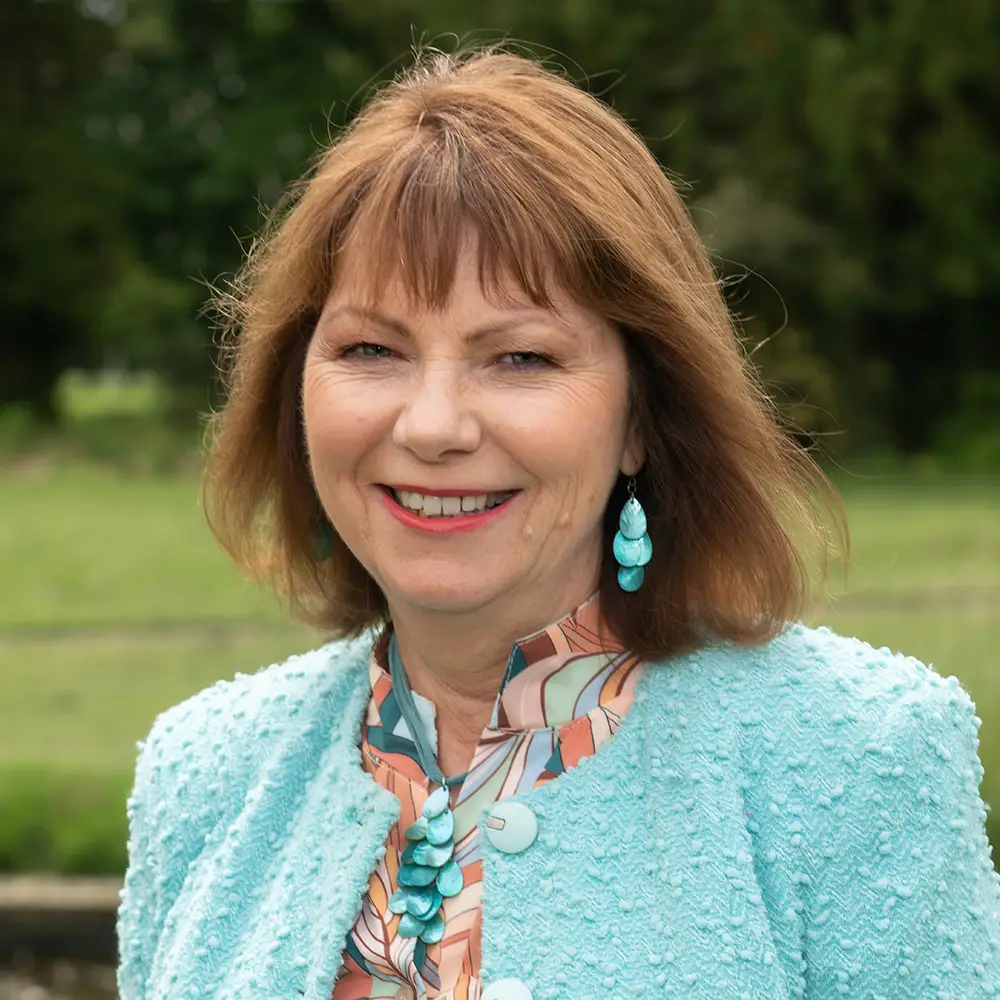A council which has seen a “markedly higher” than the national average rise in demand for plans for children and young people aged up to 25 who need more than special educational needs support is “under enormous pressure”, a meeting has heard.
North Yorkshire Council’s executive member for children and families, Councillor Janet Sanderson, has underlined the authority is doing all it can to deliver the best possible service in the face of continued inadequate government funding and spiralling demand for education and healthcare plans.
She was speaking after the authority’s Young People’s Champion, Councillor Alyson Baker, questioned whether the council was being “proactive rather than reactive” to the continuing increase in the volume of children with the plans.
An officer’s report had revealed how by the end of March North Yorkshire Council was funding some 4,877 education and healthcare plans, with the most common primary need being for autism, representing a nine per cent rise on the previous year.
While there has been a steady increase in the plans nationally since the government introduced a special educational needs and disability code of practice in 2014, North Yorkshire has had to absorb a rate of increase that has been far higher than increases nationally and regionally.
Officers say this is a consequence of North Yorkshire having been below the national average at “identification” before 2014.
Between 2020 and 2023, the volume of plans being funded in North Yorkshire rose by 43 per cent, some ten percentage points higher than the national rate.
The most common primary need continues to be autism, accounting for 39 per cent of the current plans. The number of plans for children with autism has increased by 387 per cent in North Yorkshire since 2015, considerably more than any other need.
Officers say the continuing rise in new plans being issued by North Yorkshire Council is a consequence of an increasing demand for assessments seen during previous years.
Despite the demand, the number of plans being issued within a 20-week period has improved on previous years, improving from just 14.3 per cent in 2021 to 45.1 per cent in 2023.
However, officers have warned there has been “a dip in timeliness” in recent months, partly due to a considerable backlog in gathering required information for decisions on plan assessments alongside an acute shortage of educational psychologists available in North Yorkshire.
Earlier this year, Levelling Up Secretary Michael Gove announced £600m worth of extra funding to help councils meet demand for adult and children’s social care, saying he hoped the extra money would “reduce pressures on other areas of children’s services…”
He said the funding was in addition to the £1bn extra previously announced to “enable councils to continue to provide crucial social care services for their local communities, particularly for children”.
Neverthless, the authority’s chidren and young people’s service director Stuart Carlton said the service had been thoroughly reviewed and new ideas brought forward, but it was facing “a struggle” due to a lack of national funding.
He said: “We know what we need to do and we have plans for all of it. It’s always in that context of ever-rising demand.”
Coun Sanderson added the high demand, a lack of provision and being comparatively poorly funded was putting the service “under enormous pressure”.
She said the service was awaiting the findings of an Ofsted inspection to consider whether the measures the council was implementing were suitable.
